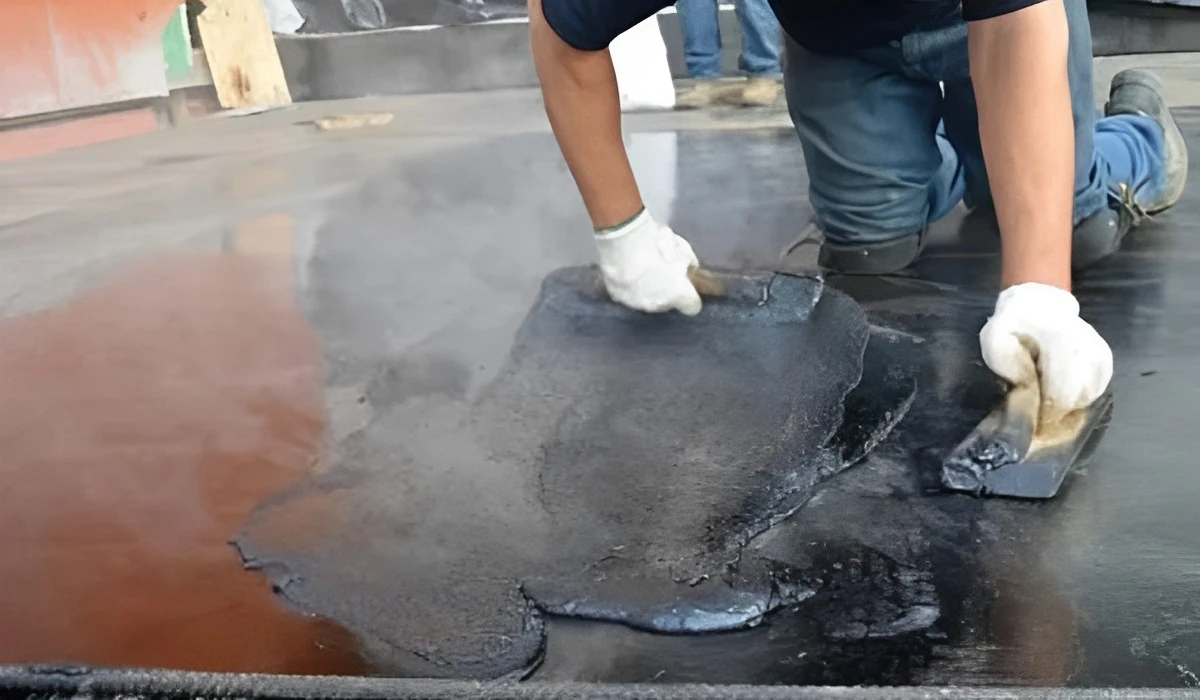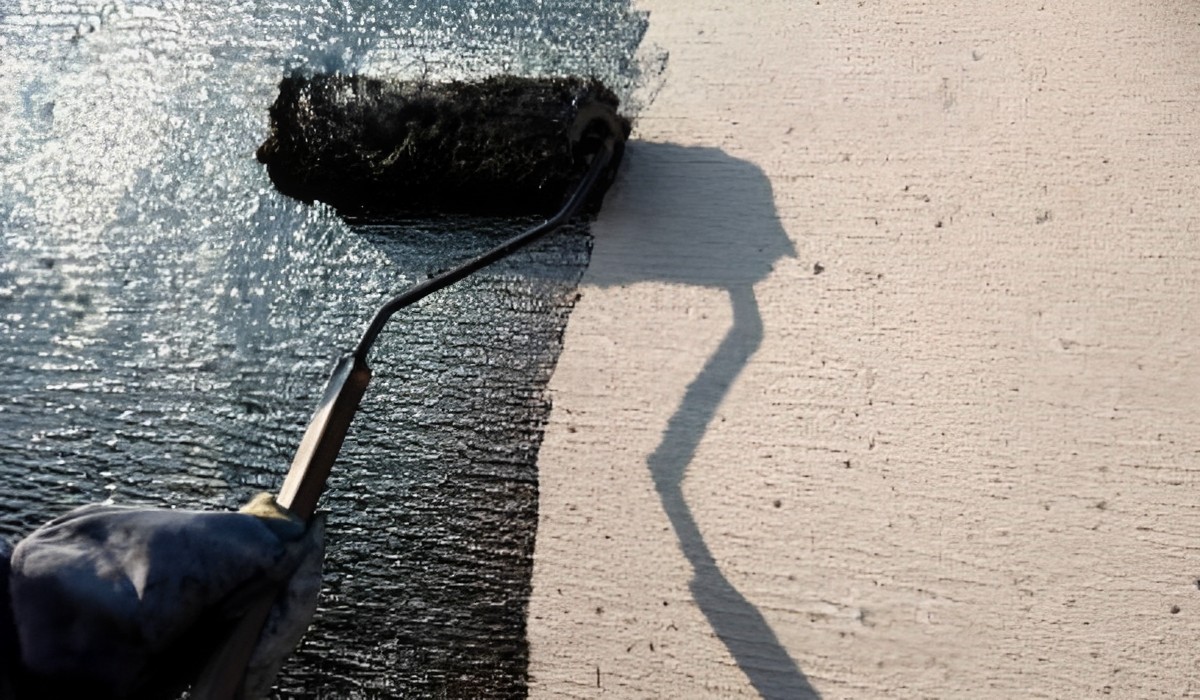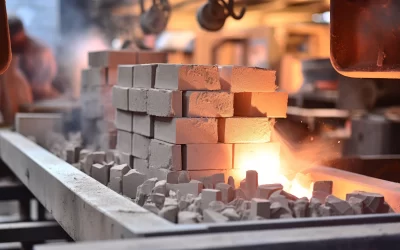For those of you who may not be aware, acid-resistant mastic is essential for preserving the structural integrity of surfaces and structures while also extending their lifespan. But what exactly is acid-resistant mastic? Well to help you find out everything you should know, we have done thorough research on acid-resistant mastic and common types of mastics used in the refractory industry. So without further ado, read now to know more!
What is Acid Resistant Mastic?
Acid-resistant mastics is a type of refractory material that can withstand the corrosive effects of acids without degrading or deteriorating. Acid-resistant mastic is composed of a combination of resins, fillers, binders, and additives that provide high resistance to acid-induced corrosion.
The primary purpose of acid-resistant mastic is to create a durable and chemically stable bond between two surfaces while providing protection against the damaging effects of acids. These mastics are formulated to resist the corrosive action of various acids and acidic solutions, ensuring the integrity of the bonded materials and preventing leaks or seepage.
These mastics are commonly used in various industries that may come into contact with acids, such as chemical processing plants, laboratories, and industrial manufacturing facilities.
What are the Common Types of Acid Resistant Mastic?
Here are some common types of acid-resistant mastics used in the refractory industry include: have a look.
Acid-resistant silica mastic:
Silica-based mastics with additional additives are used to improve their acid resistance. These mastics offer good resistance to acidic environments and are suitable for applications where high concentrations of acids are present, such as sulfuric acid plants or acid storage tanks.
Pros
– Ideal for acid resistance application
– Prevents damage caused by chemical exposure
– Ability to withstand harsh conditions
– Suitable for various applications.
Cons
– Required proper installation
– Costlier than other mastic
– Request more maintenance
– Need help from a professional
Acid-resistant phenolic mastic:
Phenolic mastics are formulated with resins that provide excellent resistance to a wide range of acids, including organic and inorganic acids. These mastics are used in applications such as pickling tanks, chemical reactors, and other acid-handling equipment.
Pros
– High-temperature resistance
– Fire resistance
– Chemical resistance
– Durable and versatile
Cons
– Limited Versatility
– Higher cost
– Required special handling
Acid-resistant epoxy mastic:

Epoxy-based mastics offer superior acid resistance along with high mechanical strength. They are commonly used in applications where the refractory lining is exposed to aggressive acids or corrosive chemicals, such as in industrial chimneys, flue gas ducts, or acid regeneration plants.
Pros:
– Great chemical resistance
– Excellent adhesion
– Good durability
– Highly versatile
Cons:
– Prone to release toxic compounds
– Quite tricky to use
– Not suitable to prolonged UV radiation
Acid-resistant furan mastic:
Furan-based mastics are formulated with furfuryl alcohol and furan resins. They provide excellent acid resistance and are often used in applications where prolonged exposure to concentrated acids is expected, such as in fertilizer plants or acid containment areas.
Pros
– Chemical resistance
– Better durability
– Adhesion and sealing properties
Cons
– Costier than standard mastic
– Limited application uses
– Demands proper surface preparation
– Need experts guidance
Ceramic Acid-Resistant mastic:
Ceramic-based mastics combine the chemical resistance of ceramics with the adhesive properties of mastics. They are often used in acidic environments, including those involving strong acids and high temperatures.
Pros
– Excellent acid resistance
– High-temperature stability
– Good mechanical strength
– Easy to use
– Versatile Use
Cons
– Limited flexibility
– Longer curing time
– Quite expensive
Conclusion:
Hopefully, you have a good idea of what acid-resistant mastic is.
Acid-resistant mastic is essential in many industries and applications that require protection from corrosive acids. If you are one of those in search of different types of acid-resistant refractory materials like mastic, furan, epoxy resin and so forth, Ganeshas got you covered. Ganeshas, a leading manufacturer of refractory materials in India have years of experience in delivering quality refractory materials that meet specific industrial business needs. Get in touch with our team for further details.




